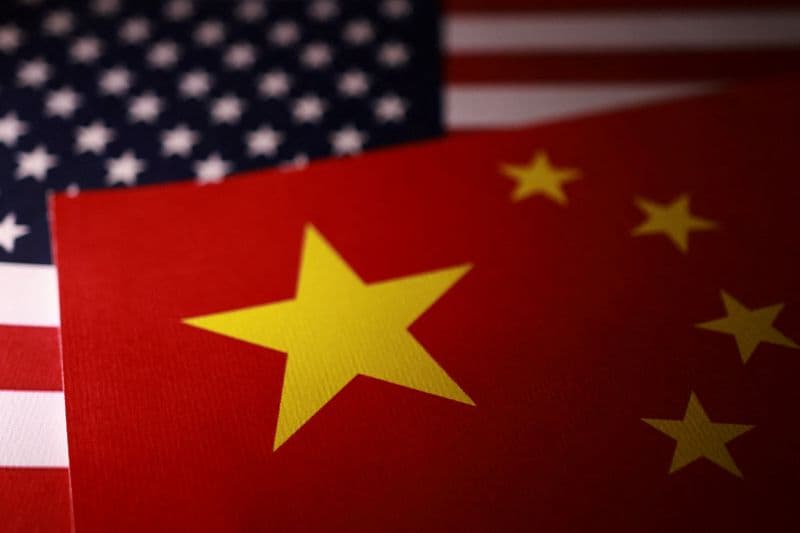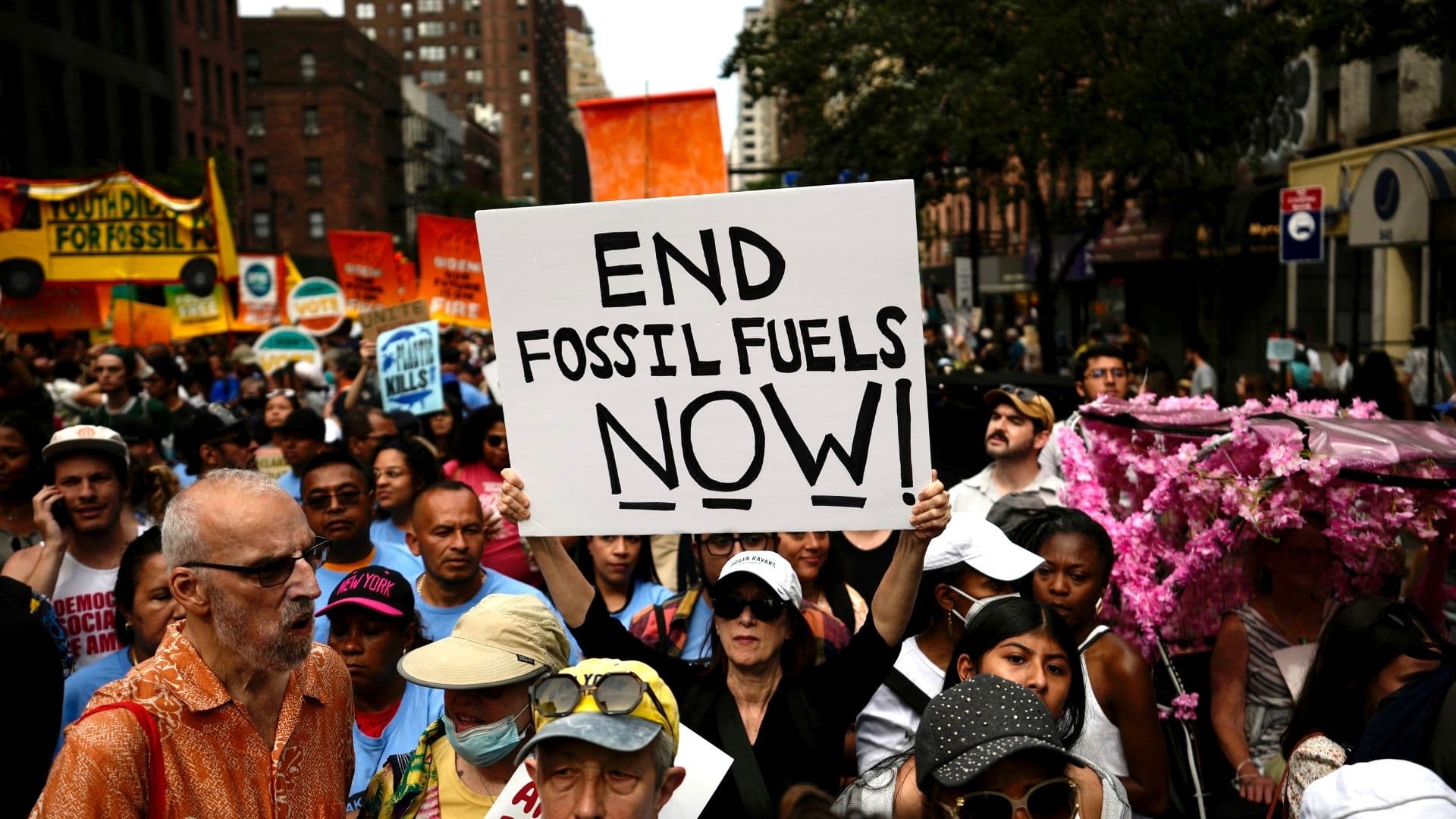IAEA Board Presses Iran for Precise Details on Enriched Uranium
The IAEA Board of Governors voted on November 20 to urge Iran to provide full and prompt cooperation, seeking precise information and inspector access regarding its stockpile of near weapons grade uranium. The 19 to 35 vote highlights mounting Western pressure ahead of further talks, while Russia, China and Niger opposed the measure and several states abstained.

The International Atomic Energy Agency’s Board of Governors voted on November 20 to press Iran for detailed information and comprehensive access related to its stockpile of near weapons grade uranium, signaling renewed diplomatic pressure over Tehran’s nuclear activities. Nineteen of the board’s 35 members backed a resolution put forward by France, the United Kingdom, Germany and the United States, while Russia, China and Niger voted against it and a number of states abstained.
The text requests that Iran provide full and prompt cooperation with agency inspectors, clarify outstanding questions concerning nuclear material, and grant comprehensive access. The resolution is not a sanction but a formal expression of concern from the agency’s governing body and is intended to increase scrutiny as diplomats prepare for further talks aimed at resolving the impasse over Iran’s nuclear trajectory.
The vote underscores a persistent international unease about Iran’s enrichment program. Weapons grade uranium is generally understood to be enriched to about 90 percent U‑235, and material described as near weapons grade reduces the technical margin between civilian and military uses. Agency oversight depends on timely and transparent access to facilities, material accounting and explanation of anomalies. Absent such cooperation, uncertainty increases about how quickly Iran could alter the role of its enriched material, a calculation that has significant regional security implications.
The split vote highlights geopolitical divisions that complicate collective action. Opposition from Russia and China reflected broader disagreements over how to respond to Tehran and illustrated the limits of consensus at the IAEA even on matters of supply chain and safety. For Western capitals that sponsored the resolution, the measure served both as a diplomatic signal to Iran and as a demonstration to domestic audiences that they are seeking to curb proliferation risks through the international system.
Market and economic effects may be indirect but meaningful. Renewed concern about Iran’s nuclear program typically raises regional risk premia and can pressure energy markets by heightening fears of supply disruptions in the Middle East. Investors sensitive to geopolitical risk assess such developments in pricing, particularly in oil and in equities exposed to global growth. Policymakers must weigh those economic sensitivities against security objectives when calibrating next steps.
Longer term, the IAEA action reflects a trend of increased scrutiny and strained verification arrangements after the erosion of earlier nuclear constraints. The resolution aims to preserve the agency’s ability to monitor and verify nuclear material, but its effectiveness will hinge on Iran’s response. If Tehran provides the requested clarifications and access, the move could reduce uncertainty and create space for diplomatic engagement. If Iran does not cooperate, the board’s vote could become a stepping stone toward harder measures by states worried about proliferation.
Diplomats said the resolution was designed to strengthen inspection diplomacy ahead of further discussions. The coming days will show whether that pressure prompts the transparency the agency seeks or deepens the standoff that has animated international concern over Iran’s nuclear program.

